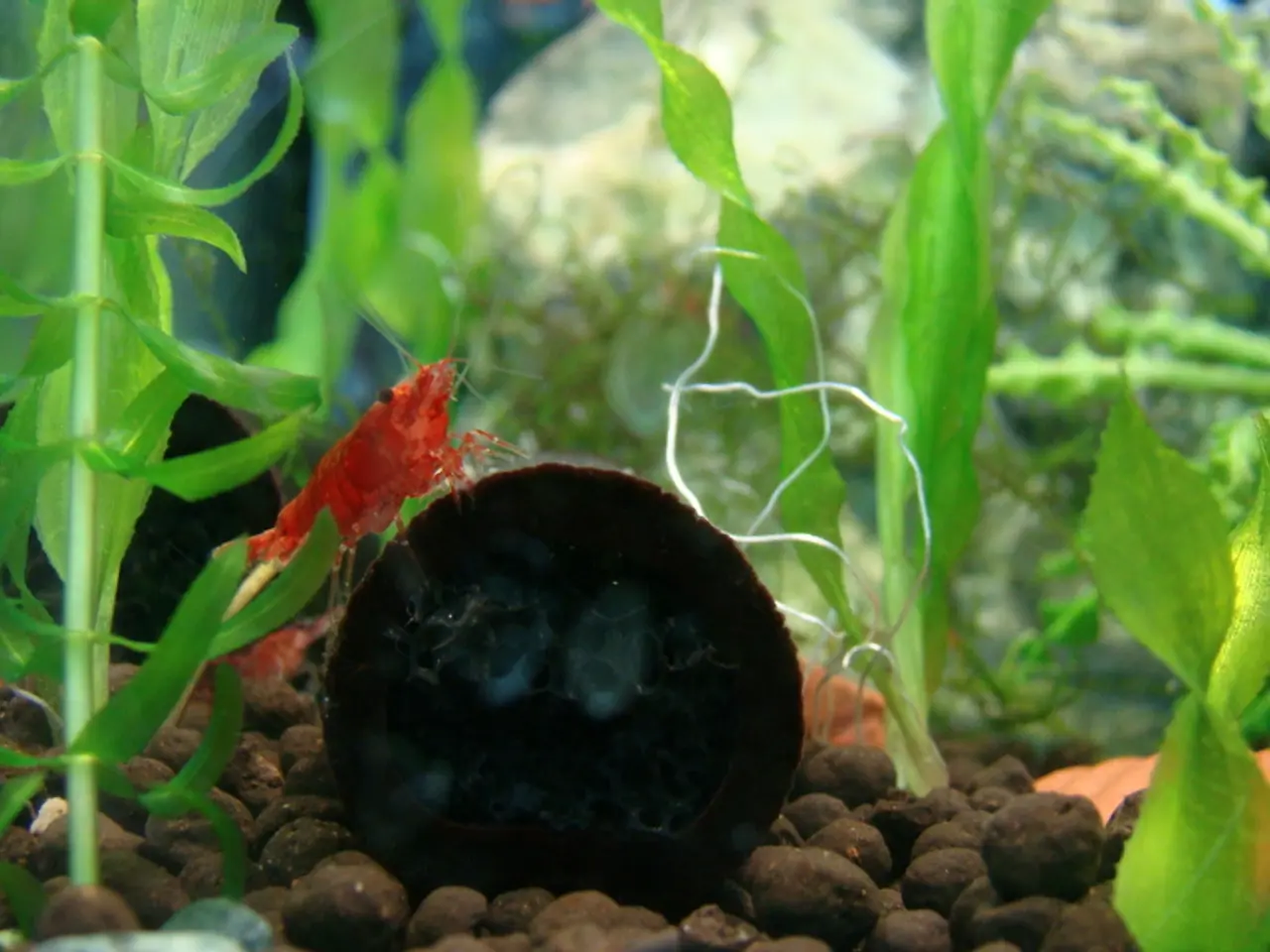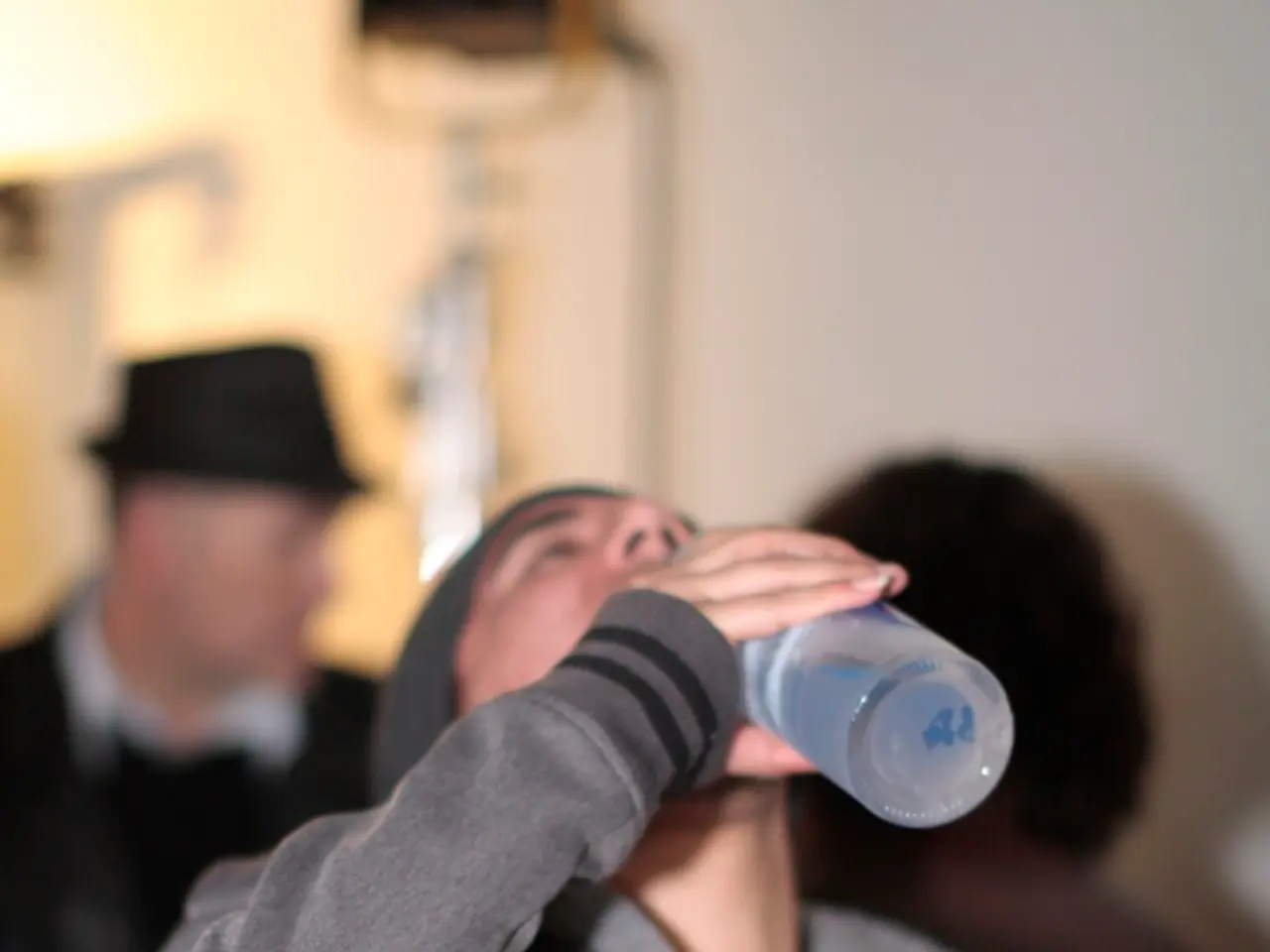Questions about Circumcision in Infants: Comprehensive Answers for 4 Frequent Queries
In making decisions about their child's health, parents are often faced with a variety of options. One such decision is whether to have their newborn son circumcised. The American Academy of Pediatrics (AAP) currently supports parental choice in this matter, acknowledging that the health benefits of newborn circumcision outweigh the risks for many boys.
Newborn circumcision offers several potential benefits. It lowers the risk of urinary tract infections, particularly in the first year, and reduces the risk of certain sexually transmitted infections, including HIV. The procedure also helps prevent foreskin-related problems like phimosis and balanitis, and offers a lower lifetime risk of penile cancer (a rare condition). Furthermore, circumcision in the newborn period is considered safer and simpler than later circumcision, with less bleeding, better pain control, no need for general anesthesia, and faster healing within 7 to 10 days.
However, it's important to note that circumcision is not medically necessary for all boys. Parents should consult their pediatrician to make a decision that aligns with their values and the child's health needs. Good hygiene alone is usually sufficient for healthy boys, and the risk of urinary tract infections in healthy boys is already low (about 1% in the first year).
While complications are rare, they can occur. Adhesions, or fibrous bands between tissues, can form after circumcision, which may require additional surgery. If the appearance of your son's circumcision raises concerns, it's natural to question if it was done correctly. However, what may appear as an infection could be just a red and irritated foreskin that improves with the use of a barrier cream. If your son's circumcision appears to have too much skin around the head of the penis or if skin is sticking to it, consult a pediatric urologist for evaluation.
It's essential to discuss any concerns about circumcision or your child's development with your pediatrician. Signs of potential urinary tract infection include fever, foul-smelling urine, burning during urination, urinary frequency, and urgency. If your son exhibits any of these symptoms, consult your pediatrician immediately.
In summary, the AAP supports parental choice in the matter of newborn circumcision, recognizing that while there are health benefits, the procedure is not mandatory. Parents should consider cultural, religious, and personal values alongside medical evidence when making their decision. Good hygiene is crucial for all boys, and while circumcision can offer additional benefits, it is an elective procedure. Always consult your pediatrician with any concerns or questions about your child's health.
- Parents may have various opinions on whether to circumcise their newborn sons, considering the potential benefits such as reduced risks of urinary tract infections and certain sexually transmitted infections, as well as lower lifetime risks of penile cancer.
- When weighing the decision, parents should remember that good hygiene is often sufficient for maintaining the health of boys, and the risk of urinary tract infections is generally low (about 1% in the first year).
- In skin care for sons who are circumcised, it's important to watch for issues like adhesions that may require additional surgery and to handle concerns regarding the appearance or healing process with the help of a pediatrician or pediatric urologist when needed.




